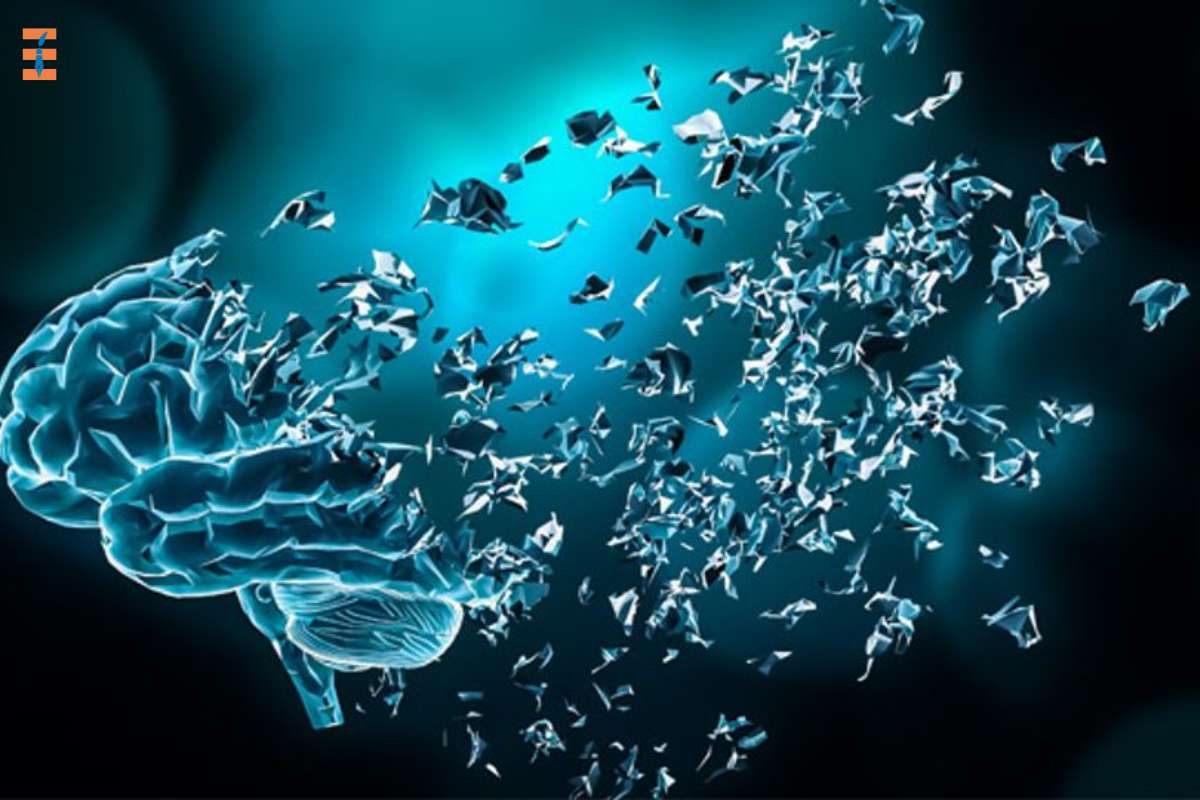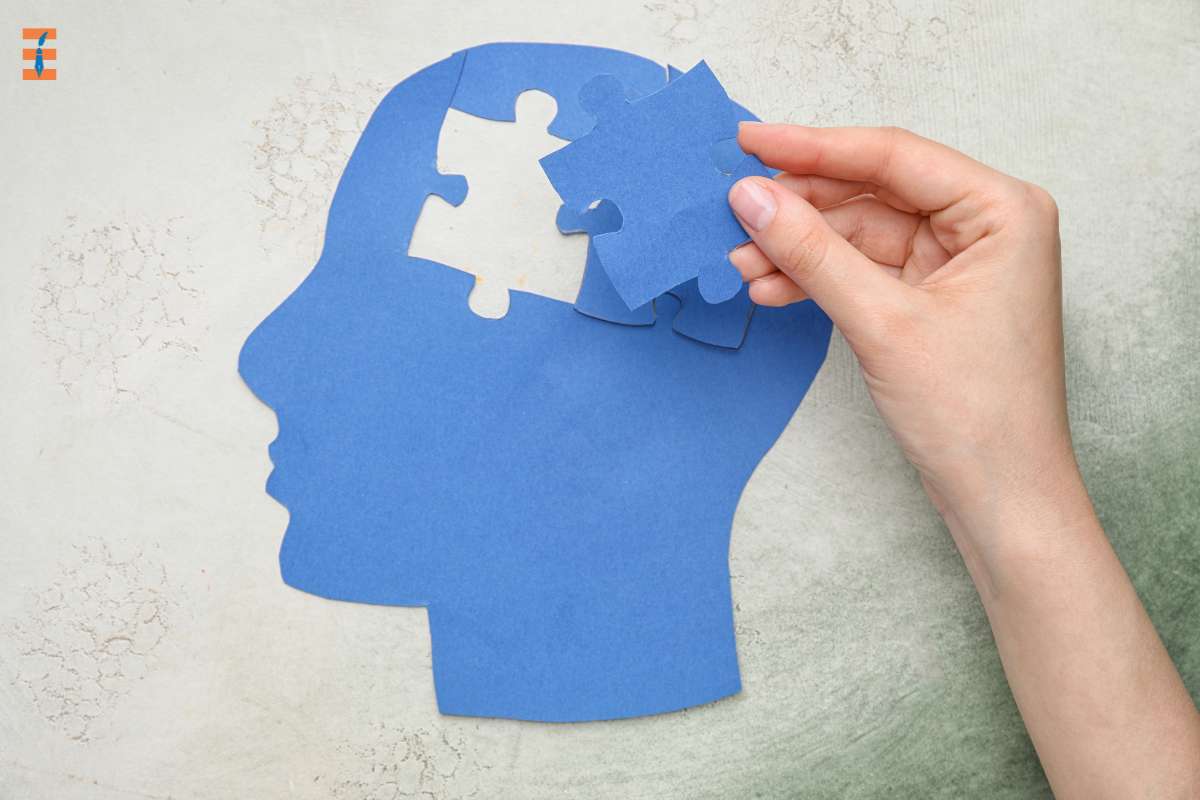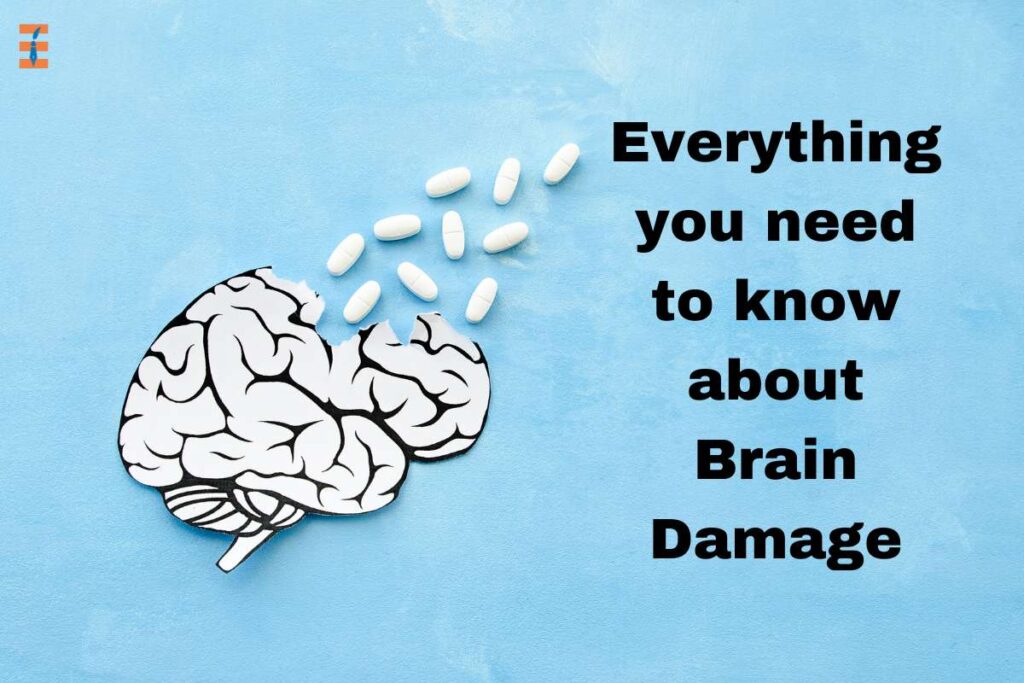Brain damage has become one of the common causes of severe injury these days and it can lead to serious complications in the future. The human brain is the command center of your body and it is responsible for the delicate functioning of other organs of the nervous system. From thought process to memory retention, brain damage can cause functionalization of your routine activities. Moreover, it can disrupt the intricate process of your body and lead to life-altering consequences. Henceforth, you should be aware of every aspect that can lead to brain damage. In this article, you will be reading about causes, symptoms, and strategies to deal with brain damage.
Causes of Brain Damage
Brain damage can result from various causes, ranging from accidents and injuries to medical conditions and illnesses. Some common causes include:
1. Traumatic Brain Injury (TBI)
Accidents, falls, sports injuries, and violent incidents can lead to traumatic brain injuries. These injuries can range from mild concussions to severe injuries causing long-lasting cognitive, emotional, and physical impairments.
2. Stroke
A stroke occurs when the blood supply to a part of the brain is interrupted or reduced, often resulting in damage to brain cells. Strokes can lead to various impairments, including paralysis, speech difficulties, and cognitive deficits.
3. Anoxia/Hypoxia
Anoxia refers to a complete lack of oxygen supply to the brain, while hypoxia is a reduced oxygen supply. Both conditions can lead to brain damage if not promptly treated.
4. Neurodegenerative Diseases

Conditions such as Alzheimer’s, Parkinson’s, and Huntington’s disease cause progressive degeneration of brain cells, leading to cognitive decline and motor impairments.
5. Infections and Inflammation
Infections like encephalitis and meningitis can cause inflammation in the brain, resulting in damage to brain tissue.
6. Toxic Exposure
Exposure to toxic substances like drugs, alcohol, or certain chemicals can harm brain cells and disrupt brain function.
Effects of Brain Damage
The effects of brain damage vary widely depending on the severity, location, and cause of the damage. Some common effects include:
1. Cognitive Impairments
Brain damage can lead to difficulties with memory, attention, problem-solving, and language skills.
2. Motor Impairments
Damage to specific areas of the brain can result in difficulties with movement, coordination, and balance.
3. Emotional and Behavioral Changes
Brain damage can lead to mood swings, depression, anxiety, impulsivity, and altered emotional responses.
4. Communication Challenges
Damage to certain brain areas can result in speech and language difficulties, making communication a significant challenge.
5. Sensory Disturbances
Brain damage can affect sensory perceptions, leading to issues with vision, hearing, taste, or touch.
Rehabilitation and Treatment
Rehabilitation plays a crucial role in helping individuals with brain damage regain lost functions and improve their quality of life. Rehabilitation strategies vary depending on the nature and severity of the damage but often include:
1. Physical Therapy
Physical therapists work with patients to improve motor skills, balance, and coordination through targeted exercises.
2. Occupational Therapy

Occupational therapists focus on helping patients regain the skills needed for daily activities such as dressing, cooking, and personal hygiene.
3. Speech Therapy
Speech therapists assist individuals with communication disorders, helping them regain speech and language skills.
4. Cognitive Rehabilitation
This therapy aims to improve cognitive functions such as memory, attention, and problem-solving through specialized exercises and strategies.
5. Medications
Depending on the cause of brain damage, certain medications can help manage symptoms and support the brain’s recovery process.
6. Psychotherapy
Counseling and psychotherapy can help individuals cope with emotional and behavioral changes caused by brain damage.
Traumatic Brain Injury (TBI)
Traumatic Brain Injury (TBI) is a serious medical condition that occurs when an external force causes damage to the brain. It can result from various incidents, such as accidents, falls, sports injuries, and violent impacts. TBI can have a wide range of effects on cognitive, emotional, and physical functioning, depending on the severity and location of the injury. Understanding the causes, symptoms, and recovery process associated with TBI is essential for timely diagnosis, treatment, and support.
Causes of Traumatic Brain Injury
TBI typically occurs when the head experiences a sudden and forceful impact or when the brain is subjected to rapid acceleration and deceleration within the skull. Some common causes of TBI include:
1. Accidents
Motor vehicle accidents, falls, and collisions can lead to head injuries and traumatic brain damage.
2. Sports Injuries
Contact sports like football, soccer, and boxing carry a risk of head trauma, especially if proper protective equipment is not used.
3. Assaults
Physical altercations, assaults, and other violent incidents can result in head injuries and TBI.
4. Explosions and Blasts
Military personnel and individuals exposed to explosions, such as those in combat zones or industrial accidents, are at risk of TBI.
5. Penetrating Injuries
Objects penetrating the skull, such as bullets or shards of glass, can cause localized brain damage.
Symptoms of Traumatic Brain Injury

The symptoms of TBI can vary widely based on the severity of the injury. Mild cases might result in temporary confusion or disorientation, while severe cases can lead to long-lasting impairments. Common symptoms include:
1. Physical Symptom
Headache, dizziness, nausea, vomiting, sensitivity to light or sound, and changes in sleep patterns.
2. Cognitive Symptoms
Memory problems, difficulty concentrating, slowed thinking, and confusion.
3. Emotional Symptoms
Mood swings, irritability, depression, anxiety, and emotional outbursts.
4. Physical Impairments
Weakness, numbness, loss of coordination, and difficulty with balance and motor skills.
5. Communication Difficulties
Slurred speech, difficulty finding the right words, and challenges with understanding language.
Recovery and Treatment
Recovery from a traumatic brain injury depends on various factors, including the severity of the injury, the areas of the brain affected, and the quality of medical care received. Treatment strategies for TBI often include:
1. Rest and Rehabilitation
Physical and cognitive rest is crucial to allow the brain to heal. Rehabilitation programs involving physical therapy, occupational therapy, speech therapy, and cognitive therapy can aid in the recovery process.
2. Medications
Depending on the symptoms, medications might be prescribed to manage pain, reduce inflammation, and address mood or cognitive issues.
3 Surgery
In severe cases, surgical intervention might be necessary to remove blood clots, repair skull fractures, or relieve pressure on the brain.
4. Supportive Care
Emotional support from family, friends, and mental health professionals is essential for managing the emotional and psychological effects of TBI.
5. Long-Term Management
Some individuals might require ongoing support and accommodations to manage the long-term effects of TBI on their daily lives.
Conclusion
Like many other multifaceted issues that have profound effects on the lives of individual human beings, brain damage can severely damage your whole body. Patients suffering through such challenging situations can find it difficult to deal with the consequences of brain damage. However, being aware of modern medical technology and applying therapeutic approaches can guide caregivers and healthcare professionals to improve outcomes and lead a better life for those who are affected. We hope you enjoyed reading our article and received important insights regarding brain damage.










